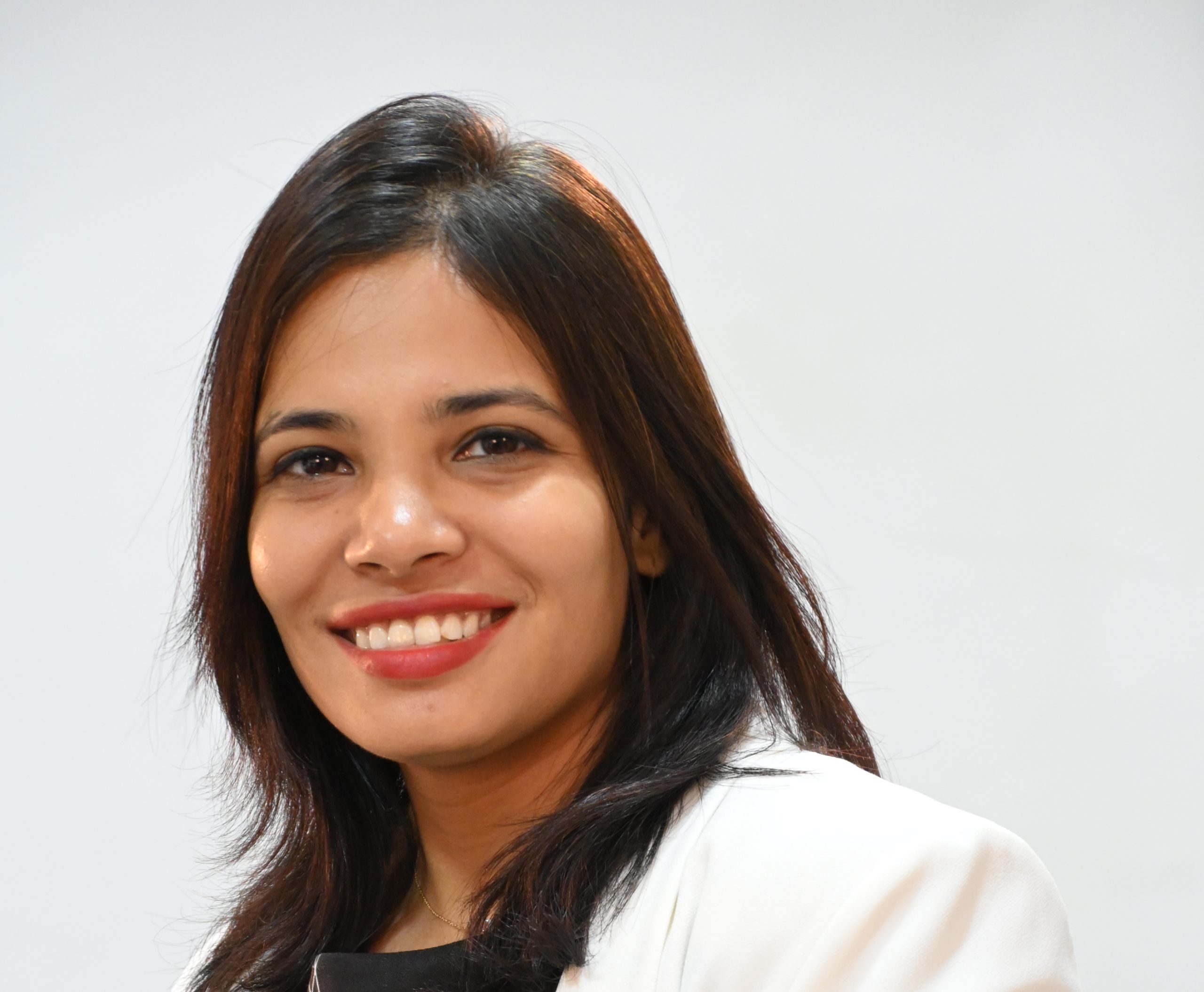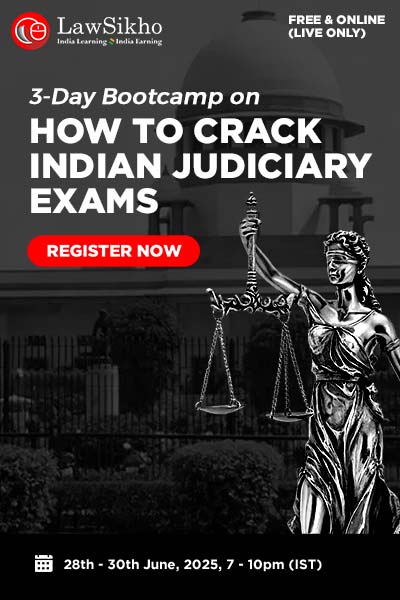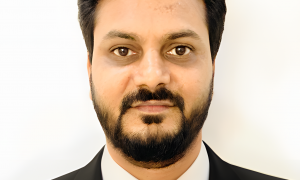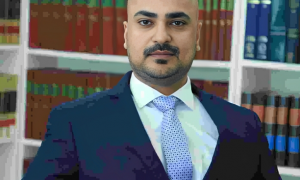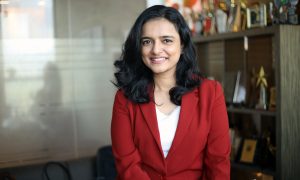This interview has been published by Anshi Mudgal and The SuperLawyer Team
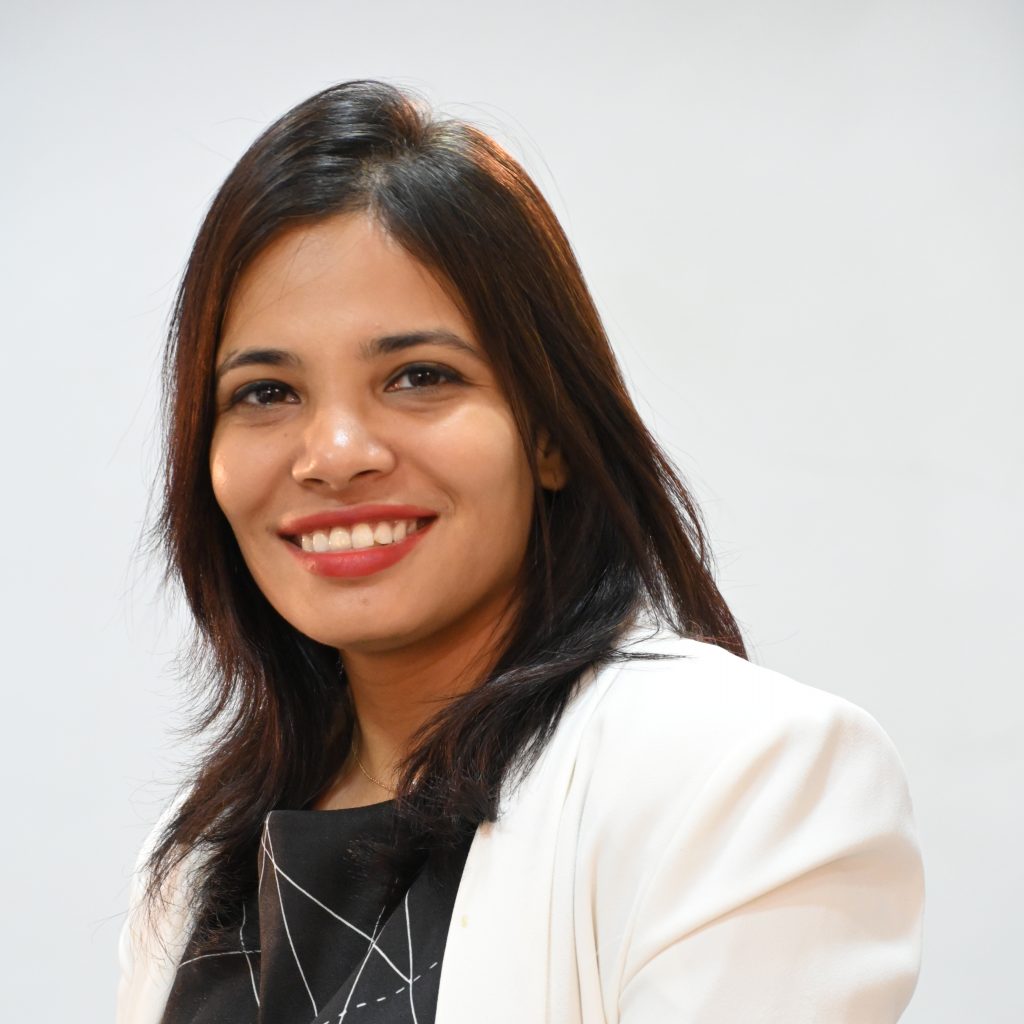
With your extensive experience in law, what initially inspired you to pursue a career in this field, and what factors contributed to your growing interest in Intellectual Property Rights, Technology, and Commercial Contracts?
I am a bibliophile, and I enjoy listening to music. Growing up, I often heard stories about beloved authors and musicians who struggled to protect their rights. This sparked my passion for Intellectual Property Rights, as it directly addresses the protection of creators’ rights. Additionally, the rapid technological advancements over the past decade have led to evolving legal frameworks, such as the IT Act of 2000 and ongoing discussions around generative AI and online privacy. This dynamic nature of IPR captivated my interest and motivated me to work in this field.
When I was studying at GNLU during each vacation I was interning with a law firm or a company and getting exposure to various fields of law such as competition law, corporate laws, labour laws, banking and finance etc and I thoroughly enjoyed each of my internships but when I participated in the G.H, Raisoni IP Moot Competition and thereafter interned at K&S Partners, Gurgaon, I knew that this was the field of law that aligned with my personal interests and therefore, will be a practice area that I would want to pursue my career in.
After earning your law degree from NLU Gujarat, what motivated you to pursue an LLM in IP & Technology Laws at the National University of Singapore? How did the teaching methods there differ from other law schools you’ve experienced?
Pursuant to earning my law degree at NLU Gujarat, prior to joining the work force for good, I wanted to study intellectual property rights and technology laws in detail since we only had the said subject for 1 semester which is a very brief period to deep dive into the subject. NUS offered a rigorous LLM course in Intellectual Property and Technology Laws with some of the most renowned faculty members teaching the subjects. When I was successful in securing a seat at NUS, it was a dream come true for me.
At NUS the Socratic teaching method fostered critical thinking among students. The professors would often nudge us into diving deeper into a legal issue presented and encourage creative solutions to legal problems. The diverse classroom environment allowed students from various backgrounds to share unique perspectives, enhancing our learning experience.
You began your career at Linklaters Singapore Pte. Ltd.,, and later worked with top law firms in India. What were your early years of practice like, and what are some key lessons you learned that you would like to share with our readers?
My early years at Linklaters Singapore were invaluable. While pursuing my LLM, I worked in their banking and finance team, where I learned the importance of diligence and comprehensive involvement in transactions. My seniors (Mr Michael Vanaselja and Mr Beelee Seah) emphasized the significance of understanding the entire lifecycle of a deal. Upon returning to India, I joined R.K. Dewan & Co., where I was fortunate to work closely with Dr. Mohan Dewan and Late Mr. M.R. Nair (head of Mumbai office). Dr. Dewan is my mentor because he shaped my understanding of Indian IP Laws, he was kind enough to let me lead various IP matters when I was still quite “green” in the field while of course guiding me whenever I required assistance. He and Mr. Nair taught me to approach legal issues from multiple angles and reinforced the need for continuous learning.
At Khaitan & Co., I focused on legal advisories and high-value transactions, learning to deliver quality services even under tight deadlines while appreciating the value of teamwork.
You have had an impressive career trajectory. What factors led to your decision to start your independent practice at Willow Legal, and how do the experiences of working at large firms like Khaitan & Co. compare to running your own practice?
After nearly a decade in practice, my partner Vikramaditya and I decided to establish our boutique firm, Willow Legal. We recognized a gap in the market where startups often lacked adequate IP protection, which affected their valuations during funding rounds. Similarly, since Vikramaditya and I are fond of arts and music, we wanted to work closely with independent artists to help them negotiate fair contracts with music labels/producers.
Working at Khaitan & Co. offered the convenience of having a dedicated paralegal team that handled much of the administrative workload, such as couriering documents, managing invoices, and tracking payments. In contrast, at our practice, we must attend to these details ourselves. However, this shift comes with greater freedom in managing our workloads and deliverables. We can foster stronger relationships with our clients by being readily available for meetings and calls when needed. We also have the flexibility to choose the matters we wish to pursue, evaluating them not solely based on billable hours. If certain cases require more time due to their complexities, we embrace that challenge. Additionally, we engage with a diverse range of issues and dynamic entrepreneurs, making this journey both exciting and worthwhile despite the minor inconveniences.
Having worked on high-profile IP due diligence, what are some of the crucial aspects of IP due diligence that companies tend to overlook?
In the music and media related transactions, we often notice that the contracts are not comprehensive to protect one’s IP ownership, specifically copyright. Very often the contracts do not even have the appropriate clauses ensuring the assignment of IP from the artist to the producer, inadequate stamping is a very common issue that is often noticed in the contracts for these industries. With reference to other transactions, we note that very often the employment contracts, founder contracts, consultant contracts also do not have appropriate IP ownership clauses or clauses pertaining to ownership of IP created during the appointment of services of the consultant. Furthermore, in many cases IP is owned by the founders of the company and is being used by the Company without appropriate licenses in place; in many cases IPs filed with the respective authorities are not prosecuted correctly (and applications are abandoned or on the verge of abandonment).
With over nine years of experience in Intellectual Property, what trends do you foresee emerging in IP law, especially in India, in the coming years?
Generative AI is the buzz word everywhere and it also applies to IP laws, with the increased use of Generative AI, it is only a matter of time when more disputes pertaining to the use of content developed using Generative AI or copyrights over the content that is fed to AIs to generate the results will arise. Last month we saw the first such dispute filed before the Delhi High Court (ANI v Open AI). This will definitely be an interesting space to watch. Even in the media industry, the recent case filed by Mr. Jackie Shroff seeking to enforce his personality rights has an important area of copyright law being discussed i.e. parody as an exception to copyright infringement. Furthermore, with the increased focus on clean and green technology, it is safe to say that sustainability and green technology innovations will gain prominence, and there may be more patents filed pertaining to the same.
Given the demands of your profession, how do you manage to strike a balance between your personal life and professional responsibilities?
It is extremely important to have discipline in one’s life. Even in our independent practice we ensure that we have fixed work timings, working days and in all of this we ensure that we continue pursuing our hobbies come what may. Many people underestimate the importance of having hobbies, but it is extremely important for one to make time for their hobbies and it can be something as simple as reading a book or meditation. When work demands spill over into personal time, we compensate by taking breaks on non-working days to recharge.
What advice would you give to law students who aspire to build a successful career in law like yours? Are there any particular resources or tools you regularly rely on when navigating the legal profession?
I encourage law students to pursue diverse internships to discover their true interests rather than simply following trends or lucrative paths. Every area of law has potential for success if one remains committed to continuous learning and adaptability. Embrace challenges as opportunities for growth; mistakes are part of the journey toward improvement. I would also recommend young lawyers to not be afraid of taking chances, to be a solution provider and if in the process you make mistakes, it is alright everyone has been there, we just have to learn from them and be better as each year goes by. Most importantly, have a close circle of family and friends, sometimes the work may get overwhelming and tiresome at such times your loved ones will help you bounce back with rigour.

